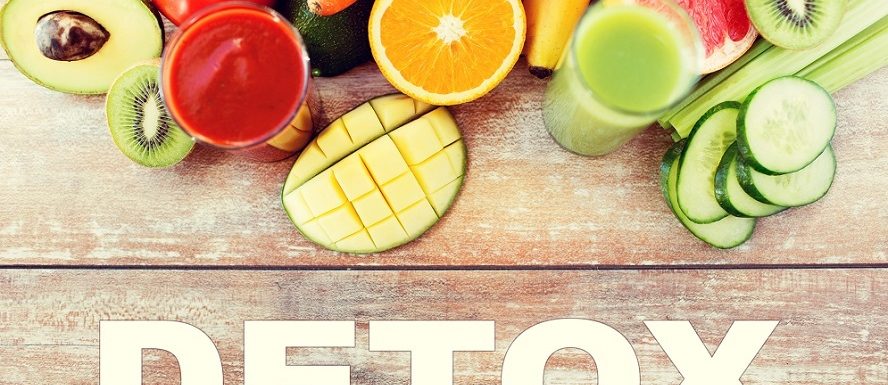If you want to improve your health and get in shape, one of the first things you’re going to have to alter is your diet. A far too common problem that affects millions of people across America (and even wider than that these days) is that we eat a lot of processed foods, filled with artificial ingredients that aren’t really all that good for us.
However, a mere hundred years ago this was not the case – only in the second half of the twentieth century did the food industry begin adding so many artificials to our foods, in order to make it tastier and more addictive so we’d end up buying more of it (which of course translates into profit for the food companies). In the long run, these types of foods are really bad for us, and if you want to improve your diet it is essential that you think about including organic food into your everyday life.
The problem is that organics can be a lot more expensive than processed foods – this makes sense because it takes more money, more resources and more energy to grow organic food without the use of pesticides, bulking material and flavor enhancers, and the yields are therefore not as large. But you don’t have to break the bank in order to adopt a healthy, organic-based diet; all you need is some common sense and a piece of good advice, and today I’m going to attempt to give you just that.

Eat in Season
Organic produce is much, much cheaper when it is actually in season, and you can not only save a lot of money this way, but it’s also much healthier to eat fruit and veggies that are fresh instead of those that have been sitting in a freezer for months. This means you do not buy strawberries and watermelons in winter, instead opt out for oranges or tangerines. Apples, pears and pumpkins are in season during the fall, and as for nearly all types of berries, the period in question is May to August, depending on the berry of course.
Purchase in Bulk
Prepping meals and cooking smart is the best way to save money when purchasing organic food, because having a plan means that you can buy in bulk, which is a lot cheaper for obvious reasons. Plan your meals two weeks in advance and make a list of all the ingredients you need to make them, and then just go to the store and get everything you need. Seriously, you can save hundreds of dollars using this method, so I highly recommend that you look into it. If you don’t want to shop in bulk, a good alternative is to opt out for a meal delivery service that will get you the ingredients you need for a certain meal in perfectly-sized portions, so you aren’t throwing food (and therefore, money) away by making too much. Which brings me to my next point:
Stop Throwing Away Food
At the end of the day, when you realize that your whole family is full and there’s still a lot of food leftover from everything you cooked today, don’t throw it away; instead, stick it in the freezer and eat it at a later time. It takes a really long time for food to go bad in the freezer, and once you feel like eating any of the leftovers all you have to do is stick it in a microwave for five to ten minutes. If you wrapped and packaged it correctly, it should taste exactly like it did when you froze it, so you basically get a free meal just because you didn’t throw it away.
Summary
Well, that’s about all the advice I have for you today, so I hope that it was rather helpful! To sum up, try to eat seasonally as much as you possibly can, plan out your meals so you can shop in bulk and utilize your freezer instead of throwing away any residue meals. As you can see it’s not that difficult or expensive to eat organic, and it can really do wonders for your health, so I strongly suggest that you think about it. Good luck!

Leave a Reply